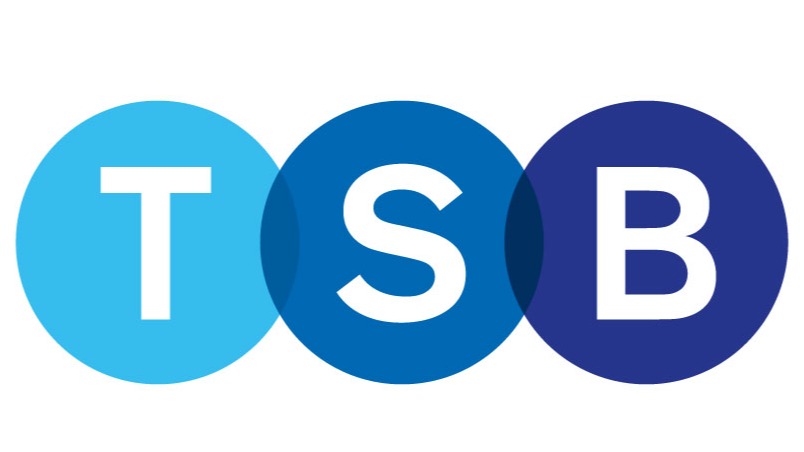Buy Now, Pay Later (BNPL) company Klarna is using an AI tool from sustainability tech platform Clarity AI to connect shoppers with environmentally conscious brands.
The business is to initially feature ways to shop consciously to those shopping for electronics across thousands of brands and 22 countries.
According to research from Klarna, 62 per cent of US shoppers say that sustainability when shopping for electronics is important to them.
A further two thirds said that it is important that the brands they buy actively combat climate change and use recycled or sustainable materials in their products.
When consumers make a purchase in the electronics category, new information on the brand’s environmental efforts will be displayed in the form of brand badges, bringing together brand level sustainability data in one place.
This new info is designed to help shoppers identify brands that are actively addressing climate change.
Clarity AI said that brand badges indicate whether a company has lower greenhouse gas emissions than similar businesses, whether they derive a higher proportion of its energy from renewable sources, have climate change policies and a roadmap to positively impact climate change, and whether or not a company is transparent in its reporting of climate-related information.
“In 2021, Klarna introduced the CO2e emissions tracker, which brought to life one of the largest awareness efforts on carbon footprints ever made," said Salah Said, head of sustainability at Klarna. "Now, we are taking it one step further by providing Klarna’s more than 150 million shoppers with reliable and transparent metrics for electronics brands, helping shoppers to not only understand the impact of their purchases but also to make more environmentally conscious decisions going forward."
Latest News
-
Gemini to cut quarter of workforce and exit UK, EU and Australia as crypto slump forces retrenchment
-
Bank ABC’s mobile-only ila bank migrates to core banking platform
-
Visa launches platform to accelerate small business growth in US
-
NatWest to expand Accelerator programme to 50,000 members in 2026
-
BBVA joins European stablecoin coalition
-
eToro partners with Amundi to launch equity portfolio with exposure to ‘megatrends’
Creating value together: Strategic partnerships in the age of GCCs
As Global Capability Centres reshape the financial services landscape, one question stands out: how do leading banks balance in-house innovation with strategic partnerships to drive real transformation?
Data trust in the AI era: Building customer confidence through responsible banking
In the second episode of FStech’s three-part video podcast series sponsored by HCLTech, Sudip Lahiri, Executive Vice President & Head of Financial Services for Europe & UKI at HCLTech examines the critical relationship between data trust, transparency, and responsible AI implementation in financial services.
Banking's GenAI evolution: Beyond the hype, building the future
In the first episode of a three-part video podcast series sponsored by HCLTech, Sudip Lahiri, Executive Vice President & Head of Financial Services for Europe & UKI at HCLTech explores how financial institutions can navigate the transformative potential of Generative AI while building lasting foundations for innovation.
Beyond compliance: Building unshakeable operational resilience in financial services
In today's rapidly evolving financial landscape, operational resilience has become a critical focus for institutions worldwide. As regulatory requirements grow more complex and cyber threats, particularly ransomware, become increasingly sophisticated, financial services providers must adapt and strengthen their defences. The intersection of compliance, technology, and security presents both challenges and opportunities.
© 2019 Perspective Publishing Privacy & Cookies













Recent Stories